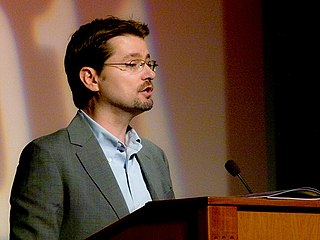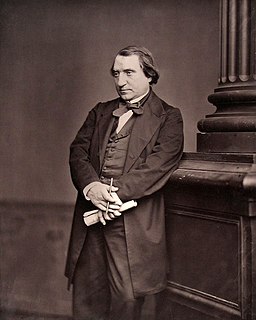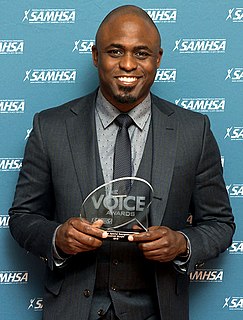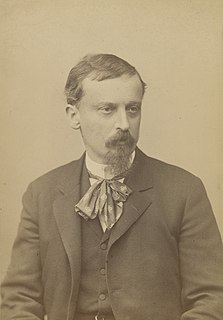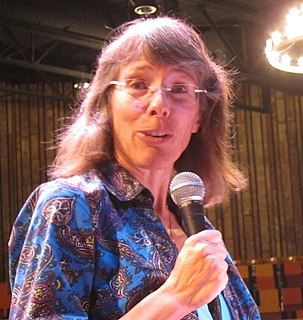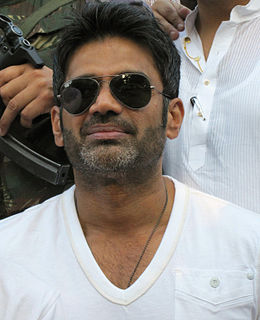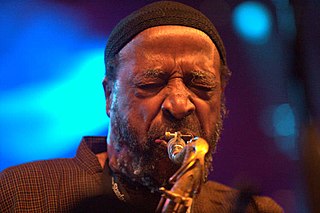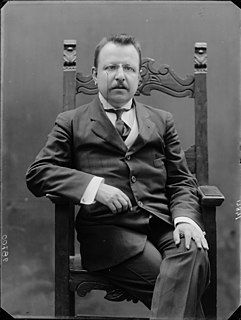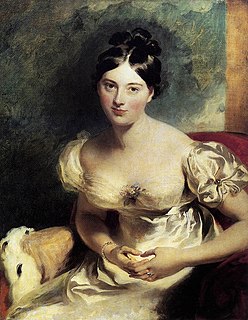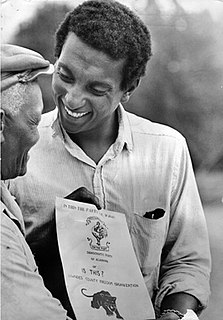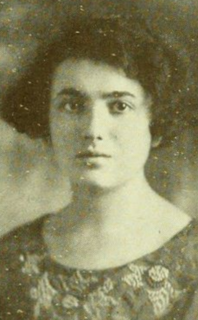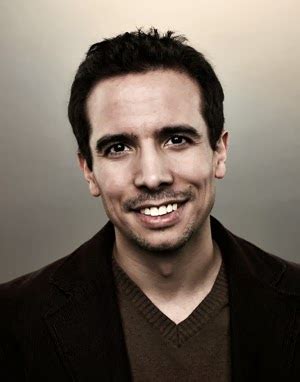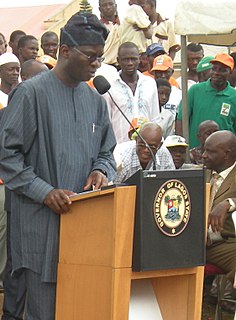Top 1200 Common Knowledge Quotes & Sayings - Page 11
Explore popular Common Knowledge quotes.
Last updated on December 19, 2024.
The difference between you, if you consider yourself not enlightened, and an enlightened master is not that the enlightened master has more knowledge. University professors have knowledge, and many enlightened masters have very little knowledge. Jesus probably had less knowledge than any university professor alive today in terms of raw information. Even a relatively uneducated person has more information than Jesus or Buddha ever had about things, such as political things and so on.
Today it's fashionable to talk about the New Economy, or the Information Economy, or the Knowledge Economy. But when I think about the imperatives of this market, I view today's economy as the Value Economy. Adding value has become more than just a sound business principle; it is both the common denominator and the competitive edge.
I know from experience that to one who thinks much and feels deeply, it often seems that he has only to put down his thoughts and feelings in order to produce something altogether out of the common; yet as soon as he sets to work he falls into a certain mannerism of style and common phraseology; his thoughts do not come spontaneously, and one might almost say that it is not the mind that directs the pen, but the pen leads the mind into common, empty artificiality.
Knowledge about yourself binds, weighs, ties you down; there is no freedom to move, and you act and move within the limits of thatknowledge. Learning about yourself is never the same as accumulating knowledge about yourself. Learning is active present and knowledge is the past; if you are learning to accumulate, it ceases to be learning; knowledge is static, more can be added to it or taken away from it, but learning is active, nothing can be added or taken away from it for there is no accumulation at any time.
I taught myself how to draw, and I soon found out it was what I really wanted to do. I didn't think I was going to create any great masterpieces like Rembrandt or Gauguin. I thought comics was a common form of art, and strictly American in my estimation, because America was the home of the common man - and show me the common man that can't do a comic. So comics is an American form of art that anyone can do with a pencil and paper.
Each culture has some knowledge. That's why I studied with Saj Dev, an Indian flute player. That's why I studied Stockhausen's music. The pygmies' music of the rain forest is very rich music. So the knowledge is out there. And I also believe one should seek knowledge from the cradle to the grave. With that kind of inquisitiveness, one discovers things that were unknown before.
If one does not make human knowledge wholly dependent upon the original self-knowledge and consequent revelation of God to man, then man will have to seek knowledge within himself as the final reference point. Then he will have to seek an exhaustive understanding of reality. He will have to hold that if he cannot attain to such an exhaustive understanding of reality he has no true knowledge of anything at all. Either man must then know everything or he knows nothing. This is the dilemma that confronts every form of non-Christian epistemology
The process of inner self-examination brings about a knowledge that is as rigorous and supported by evidence as anything science has to offer. At the same time, this point of view redefines faith as a knowledge that is attained not only by intellectual means, but also through the rigorous development of the emotional side of the human psyche. Such emotional knowledge is unknown to the isolated intellect and has therefore been mistakenly labeled as "irrational."
For, what is order without common sense, but Bedlam's front parlor? What is imagination without common sense, but the aspiration to out-dandy Beau Brummell with nothing but a bit of faded muslin and a limp cravat? What is Creation without common sense, but a scandalous thing without form or function, like a matron with half a dozen unattached daughters? And God looked upon the Creation in all its delightful multiplicity, and saw that, all in all, it was quite Amiable.
Data isn't information. ... Information, unlike data, is useful. While there's a gulf between data and information, there's a wide ocean between information and knowledge. What turns the gears in our brains isn't information, but ideas, inventions, and inspiration. Knowledge-not information-implies understanding. And beyond knowledge lies what we should be seeking: wisdom.
Self-knowledge is not the knowledge of a dead self, self-knowledge is the knowledge of the process of the self. It is an alive phenomenon. The self is not a thing, it is an event, it is a process. Never think in terms of things, the self is not there inside you just like a thing waiting in your room. The self is a process: changing, moving, arriving at new altitudes, moving into new planes, going deeper into new depths. Each moment much work is going on and the only way to encounter this self is to encounter it in relationship.

